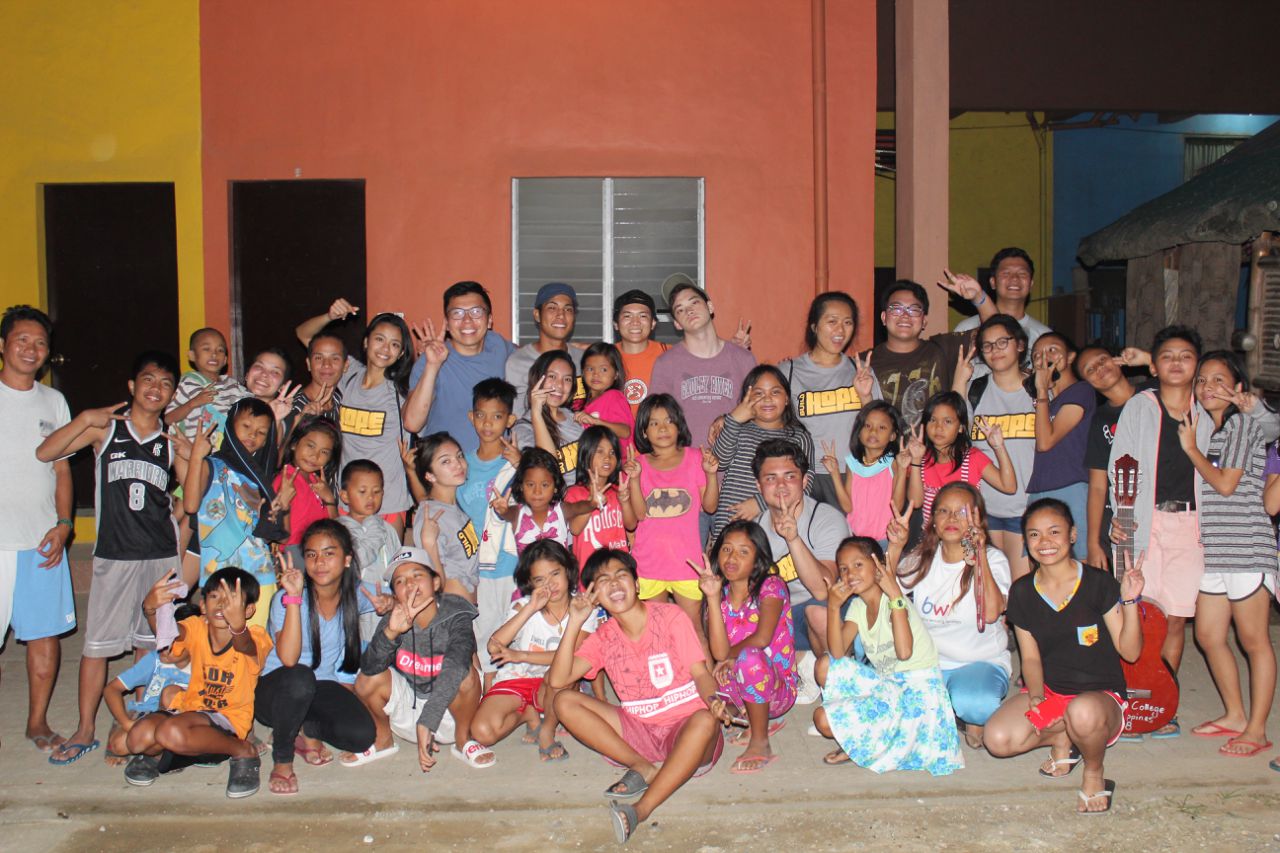Finding My Identity
Speech by Veronica Garrick
Delivered during the 1st Talakayan Series 2019 at the Kalayaan Hall, Philippine Consulate General in Chicago
Throughout my life, I always felt a sense of wanting to belong somewhere. Growing up in the United States as a second-generation, I lost out on a lot of cultural experiences. I lived in what used to be the whitest city in America, therefore my circle of friends rarely included anyone of an ethnic background. Sure, my grandparents were from the Philippines. I ate adobo and rice and loved mango just as much as the next Filipino, but it was not enough. Until this trip. The immersion program with YouLeaD and the Consulate General of the Philippines-Chicago gave me an opportunity to find what I was searching for over the past 18 years.
From day one, I and 15 other young Filipino Americans had a basic Tagalog conversation, where we put on skits that included much of “ano,” “opo,” and “hindi po.” Believe me, our accents were not perfected, but the 20 words we learned in those 30 minutes were more than we knew before we step foot off of the plane in Manila. From there, we learned what it meant to be Filipino; the generosity, love, compassion, and devotion Filipinos have for their country is beyond what I could comprehend in a lecture.
It was not until we took what we learned in that small conference room and applied it to the real world. When we traveled to Cavite, I knew that the next two days were going to be intense; building houses for a village was bound to be exhausting yet fulfilling, of course. Oh, how surprised were we when we discovered that this experience was much more than passing buckets of concrete. Gawad Kalinga is a Filipino community that builds villages, and their mission is to end poverty for 5 million families by 2024. This village consisted of over 30 families in brightly colored houses, with children with the biggest hearts and the most radiant smiles. Here, this village revealed the reality that the Philippines is suffering: poverty, hunger, and a lack of material items that us Americans take for granted every single day. My peers and I explored the concept of a tabo (this was a foreign concept to many of us). How are we supposed to shower? Brush our teeth? Since they did not have running water, we washed ourselves with a bucket of water and a ladle. We also used that same tub of water to drain the toilet. Small utilities like these are something that people in the Philippines cannot afford, but they do not see it that way. I thought to myself, how is it that they have little to nothing but have achieved happiness that I still have yet to attain? It’s the idea of faith that kept them going every single day, and people like us that bring them hope. That day and a half, we played with all of the children, and I experienced for the first time what it was like to experience unconditional love. Since I only knew the very few 20 words our first day, my Tagalog was nowhere near fluent, but no one there cared. These small children expressed their love to me through smiles, hugs, piggy back rides, and the two words I knew: mahal kita. Mahal kita, the expression of love, the words that they used too willingly. How is it that they could love me, a stranger? Because I was there, my language and the fact that I was American meant nothing to them.
This program and those children were necessary for me to realize that just because I was born in the United States, does not make me any less Filipino. This program made me proud to be Filipino, proud to have that blood pulsing through my veins, and I hope that every breath I take will be in honor of those who came before me and fought for this beautiful country. This program gave me an identity. I am Filipino American and I am proud.
